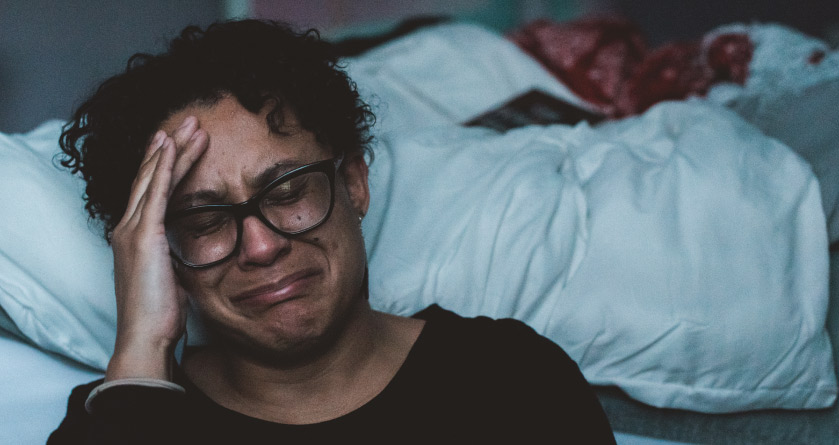
Sometimes it seems as though our culture and lifestyle makes it impossible to get a full night’s sleep. However, sleep deprivation doesn’t have to be a way of life. Here, we explain what sleep deprivation looks like, its causes, what it does to the brain and the body, and how to treat it.
What Are the Symptoms of Sleep Deprivation?
Some symptoms of sleep deprivation are easy to recognize, but there are some other symptoms you may not have noticed as related to your sleep. All of these symptoms are the body warning you that it needs more sleep to function properly:
- Yawning
- Having trouble staying awake during the day
- Acting irritable
- Having difficulty making decisions
- Feeling hungry all the time
- Being accident-prone and clumsy
- Frequently falling ill
What Causes Sleep Deprivation?
Sleep deprivation occurs when you choose to do other things instead of sleeping or it can be caused by issues such as:
- Sleep apnea
- Insomnia
- Narcolepsy
- Primary hypersomnia
- Poor sleep hygiene (looking at your phone before bed or napping too much during the day)
- Restless leg syndrome
What Are the Health Effects of Sleep Deprivation?
Infection & Inflammation
When we don’t get enough sleep, our bodies aren’t able to produce substances such as cytokines and other chemicals that help us fight illnesses. Therefore, it makes it that much harder for our body to protect us against infections and viruses. Cytokines help combat inflammation, and without the proper levels of cytokines, the body also has a tough time protecting us against things like heart disease and autoimmune disease.
Diminished Mental Capacity
Your brain is also adversely affected by sleep deprivation. While you sleep, your brain recovers, rests, stores memories, and processes information. If you’re not getting enough sleep, your brain can’t function at its full capacity, which can lead to impulsive behavior, depression, mood swings, and more.
How Do I Treat Sleep Deprivation?
The good news is, sleep deprivation is very treatable! To start, you can take steps to improve your sleep hygiene and ensure you make time in your schedule for adequate sleep, exercise, and healthy eating. Additionally, our dental practice offers orofacial myofunctional therapy and treatment for sleep apnea! Contact our office to learn more about these treatments and schedule a consultation.
